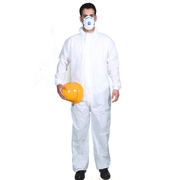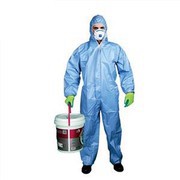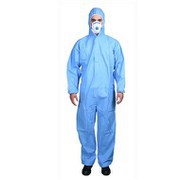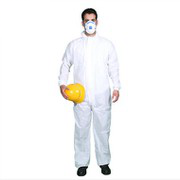What PPEs are required for the oil and gas industry?
Nov 08, 2023
The oil and gas industry is one of the most high-risk industries, with hazardous materials, machinery, and environments posing significant threats to worker safety. Personal protective equipment (PPE) is essential to ensuring the safety and well-being of workers. Employers in the oil and gas industry must provide their workers with the necessary PPE to protect them from the various risks associated with their job.

Protection for Head and Face
The oil and gas industry involves heavy machinery and equipment that can pose a significant risk of head and face injuries, which is why personal protective equipment should be worn. Workers should wear hard hats that protect the head from impact, along with face shields that prevent flying debris, chemicals, and splashes from causing eye injuries.
Protection for Respiratory System
When working in the oil and gas industry, workers often encounter harmful gases, dust, and vapors that can damage their respiratory system. Employers must provide respirators masks that filter out harmful contaminants and particulates to prevent respiratory infections, lung disease, and other related health problems.
Protection for Hands and Arms
Hand and arm protection is necessary when working in the oil and gas industry because workers often come into contact with corrosive chemicals, sharp-edged materials, and mechanical parts that can cause serious injuries. Employers must provide gloves and protective sleeves that are specifically designed to prevent hand and arm injuries from contact with these hazards.
Protection for Feet and Legs
Working in the oil and gas industry often involves heavy machinery and equipment, including pipelines, drills, and pumps. Workers must wear safety footwear that offers protection from falling objects, punctures, electrical hazards, and other related risks. Protective footwear must meet the relevant industry-specific safety standards, and it should be slip-resistant, comfortable, and durable.
Protection for Ears
The noise level in the oil and gas industry can exceed safe limits that can cause irreversible hearing loss. Workers must wear earplugs or earmuffs that protect their ears from noise exposure, and the employer must ensure that the PPE meets the applicable safety standards.
Protection for Body
When working in the oil and gas industry, exposure to flames and high temperatures is common. Workers must wear flame-resistant clothing, which is made from materials that can withstand high temperatures without catching fire. Flame-resistant clothing is also designed to reduce the probability of burns and other skin injuries.
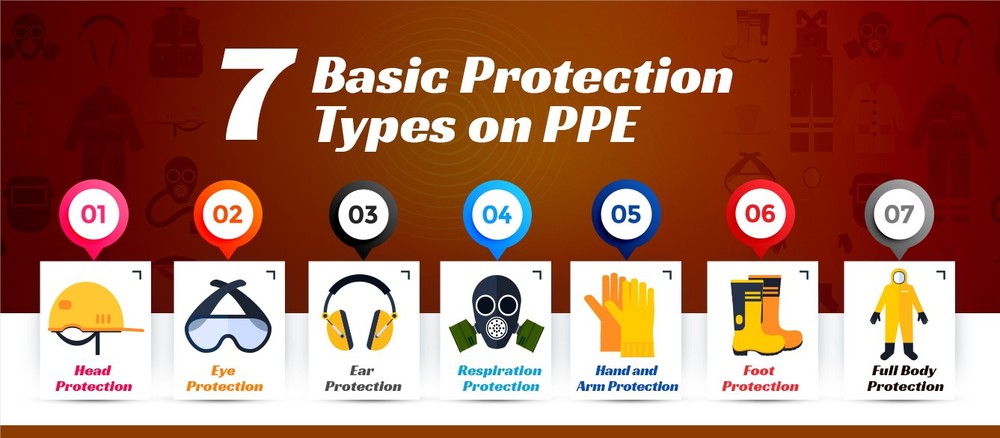
Personal protective equipment (PPE) is crucial in the oil and gas industry to protect workers from hazardous materials, machinery, and environments. Employers must ensure that every worker has the right PPE that meets the appropriate safety standards. The PPE required for this industry must include head and face protection, respiratory protection, hand and arm protection, foot and leg protection, ear protection, and body protection. With the right PPE, workers can feel safe and be able to carry out their jobs confidently.


